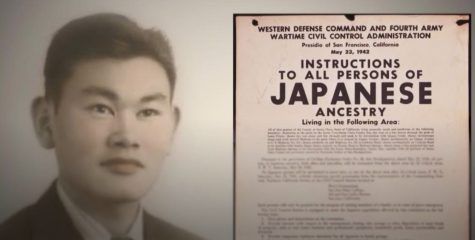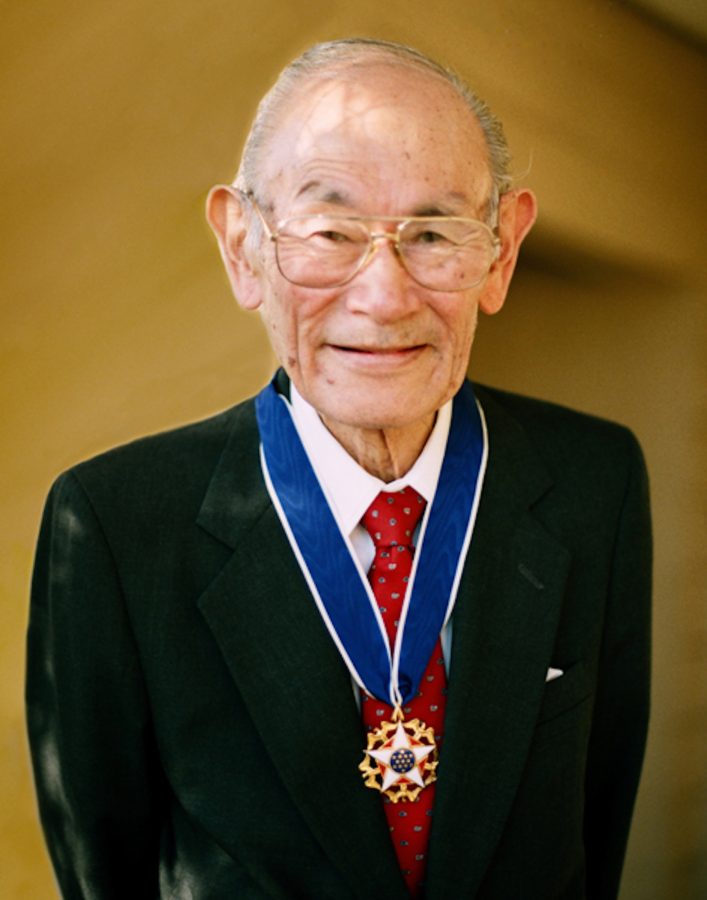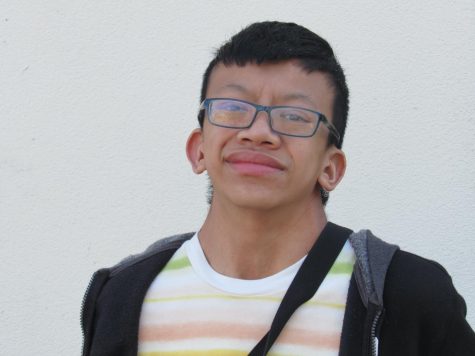Fred Korematsu
The Cardinal celebrates Asian Pacific American Heritage Month!
May 10, 2022
One of the most important people in American history was Japanese-American activist Fred Korematsu. He was born on January 30, 1919 in Oakland, California. He attended Castlemont High School. He was known for refusing to enter an internment camp and went into hiding. Because of this, he was known for Korematsu v. United States in 1944. The case challenged whether the Executive Order 9066 was constitutional or not. The supreme court sided with the United States with a vote of 6-3. He had to go to an imminent camp. He became an activist after he was released from the imminent camp in 1941.

Four decades later, the discovery of new evidence allowed Korematsu to re-open his case with a team of pro-bono lawyers headed by legal scholar Peter H. Irons. In 1983, a federal court in San Francisco finally overturned Korematsu’s conviction. In 1988, the United States federal government officially apologized for its discriminatory wartime actions and granted reparations to all those who were being interned.
Korematsu also helped to push for the Civil Liberties Act of 1988 that gives reparation for Japanese-American who are still alive that had to go to internment camps. In 1998 he received a Presidential Medal of Freedom from Bill Clinton. He died on March 30, 2005 at age of 86. The impact of Korematsu v United States court decision is still brought up to today and how unfair it is. He also has an organization run by his children named after him, The Fred T. Korematsu Institute. This organization advocates for education to advance racial equity, social justice, and human rights for all.


